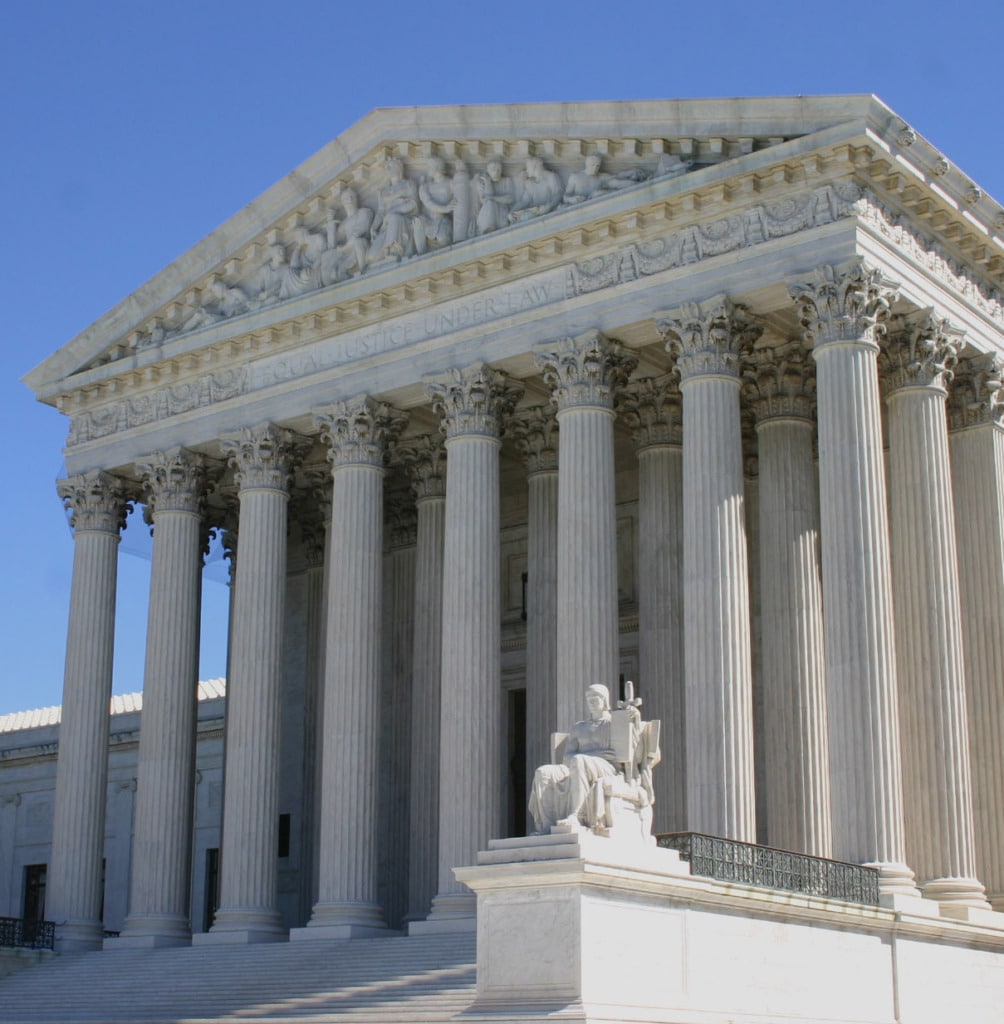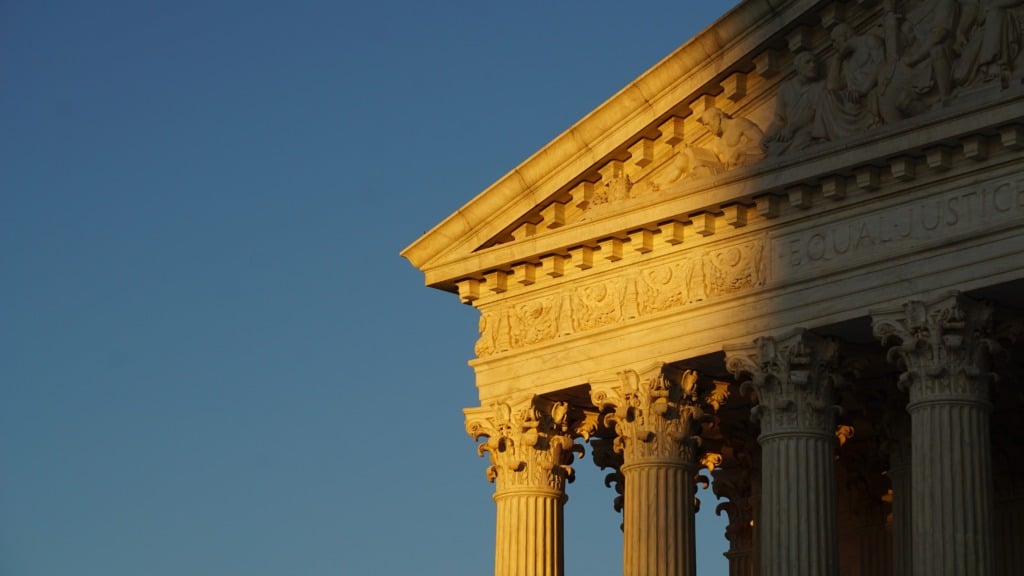Supreme Court Roundup (October Term 2022)
During its 2022 Term, which ended four weeks ago, the Supreme Court decided five cases with important implications for transnational litigation. The questions included whether the Foreign Sovereign Immunities Act (FSIA) applies to criminal proceedings; the standard for aiding and abetting under the Anti-Terrorism Act (ATA); whether states may exercise general personal jurisdiction over foreign…
Continue ReadingAbitron Eliminates Circuit Tests but Causes More Confusion
During the oral argument in Abitron Austria GMBH v. Hetronic International, Inc., Justices Alito, Sotomayor, Gorsuch, and Barrett all expressed concern over whether the Court should overrule its 1952 decision in Steele v. Bulova Watch Co (1952). A reader of the Court’s majority decision by Justice Alito might be surprised to see that the majority…
Continue ReadingThe End of Yet Another Era? Some Reflections on Mallory
I was a young professor of civil procedure in 1977 when the Supreme Court decided Shaffer v. Heitner. The year after that decision came down, I wrote an article titled “The End of an Era” where I predicted the eventual demise of “tag” jurisdiction. I was proven completely wrong when the Court in 1990 decided…
Continue ReadingWhat is a “Domestic Application” of the Lanham Act? The Supreme Court Creates More Questions than It Answers
In Abitron Austria Gmbh v. Hetronic International, Inc., the Supreme Court appears to have returned to its recent preference for bright-line rules in cases assessing the extraterritoriality of federal statutes, but the brightness of this rule will dim as other fact patterns are considered.
Continue ReadingSupreme Court Holds that Trademark Statute Applies Only to Domestic Conduct
Last week, in Abitron Austria GmbH v. Hetronic International, Inc., the Supreme Court held that the federal trademark statute—known as the Lanham Act—applies only to domestic conduct infringing U.S. trademarks. The case involved foreign companies that put U.S.-protected trademarks on products that they made in Europe, most of which were sold to customers abroad, but…
Continue ReadingSupreme Court Holds Lanham Act Does Not Apply Extraterritorially
In Abitron Austria v. Hectronic International, the Supreme Court held that the federal trademark statute does not apply extraterritoriality, with the majority emphasizing that conduct relevant to the statute’s focus must occur within the United States.
Continue ReadingSome Thoughts on Great Lakes Insurance SE v. Raiders Retreat Realty Co., LLC
The U.S. Supreme Court will hear oral arguments in Great Lakes Insurance SE, Petitioner v. Raiders Retreat Realty Co., LLC during the 2023 Term. This case has the potential to change the way that federal courts evaluate the enforceability of choice-of-law clauses. Over the past few decades, these provisions have become ubiquitous. One study found…
Continue ReadingMallory Decision Opens New Path for Personal Jurisdiction
The Supreme Court’s decision in Mallory re-opens the door to suing foreign companies in U.S. courts over disputes that arise in other countries. It may also have significant repercussions for personal jurisdiction doctrine more broadly.
Continue ReadingSupreme Court Decides Mallory v. Norfolk Southern
For prior TLB coverage of this case, see here. The Supreme Court (finally) issued a decision today in Mallory v. Norfolk Southern, holding that Pennsylvania’s corporate registration statute, which requires out-of-state businesses to consent to all-purpose jurisdiction in Pennsylvania courts, does not violate the Due Process Clause of the Fourteenth Amendment. Justice Alito joined Justice Gorsuch’s…
Continue Reading




